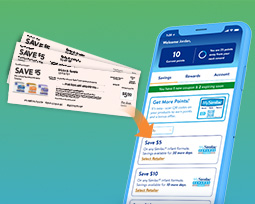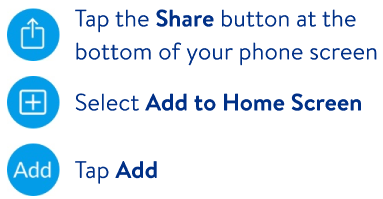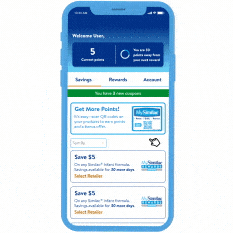Ok, pregnancy isn’t always pleasant. Heartburn, constipation, and Braxton Hicks contractions all become common concerns for women as they head into the third trimester of pregnancy. But, don’t worry, you got this. Read on to learn how you can manage some of these events.
Managing Heartburn and Constipation in Pregnancy
Your expanding uterus and hormonal changes may be causing you to experience some digestive issues. Your diet and nutrition during this period can help relieve or reduce the symptoms of pregnancy-induced heartburn and constipation. See our guide for managing these conditions.
Preterm Labor vs Braxton Hicks Contractions During Second Trimester
According to the Mayo Clinic, preterm labor occurs when regular contractions result in the opening of your cervix after week 20 and before week 37 of pregnancy and can result in premature birth. If you think you’re experiencing preterm labor, call your healthcare professional or call 911. Even if you’re unsure, call your doctor just to be safe. In contrast to preterm labor signs, Braxton Hicks contractions are irregular, weak contractions that vary in length and intensity and typically stop when you rest, walk, or change positions.
Consult your physician for help determining the difference between preterm labor and Braxton Hicks contractions.
You and Baby Are a Team. Take Care of the Both of You.
You and your little one are on this journey together. So while you’re taking care of baby, also make sure you’re taking care of yourself. Be aware of how you’re feeling physically, mentally, and emotionally. Drink plenty of water, follow nutrition guides, go for walks to relieve stress, and find support groups of other parents that understand what you’re going through. Sometimes it’s nice to hear that other people have had the same experiences you’re having—the good ones and the not-so-good ones.







